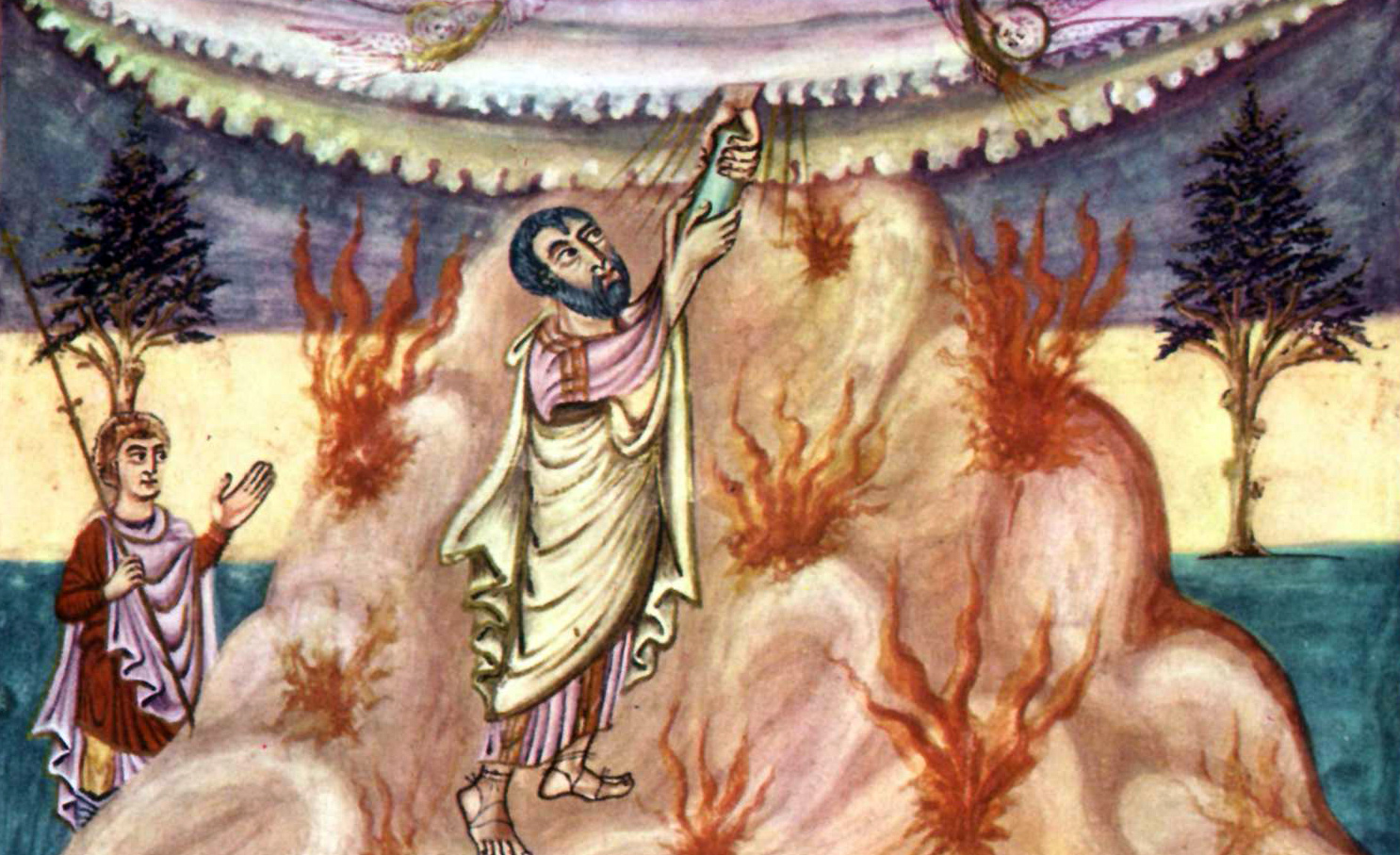This Week’s Guest: Micah Goodman
The book of Deuteronomy, which Jews around the globe read in synagogue each year in the period leading up to the High Holy Days, consists primarily of Moses’s final oration to the people of Israel. With the nation on the cusp of conquering Canaan and establishing its own sovereign government, Moses presents Israel with a set of laws and regulations surrounding power and kingship. It forms what many scholars call the “Mosaic Constitution.”
In his best-selling Hebrew book ha-N’um ha-Aharon shel Moshe (The Final Speech of Moses), the renowned Israeli intellectual Micah Goodman offers a thought-provoking and original interpretation of Deuteronomy, presenting profound insights about the Hebrew Bible’s revolutionary political teachings. The book has not yet been translated into English, though Goodman did recently teach an online course on the subject for the Tikvah Fund. And now, in this podcast, he speaks with Mosaic editor Jonathan Silver about the ideas within it, about, that is, Deuteronomy’s laws regarding the monarchy, and what political and philosophical wisdom they still hold for us today. It’s an exclusive English-language preview of ideas otherwise only available in Hebrew.
Musical selections in this podcast are drawn from the Quintet for Clarinet and Strings, op. 31a, composed by Paul Ben-Haim and performed by the ARC Ensemble.
Excerpt (19:28-20:47)
Monarchy, the kingdom, is an answer to a problem. But what people never notice is―and I’m going to make a generalization here―that every time you have a problem and you’re searching for a solution, remember that the solution itself will one day become a problem.
This is something very deep in biblical wisdom: that a world with no security, a world with chaos, a world suffering from high degrees of anarchy, is a world that’s searching for a solution. The solution is the monarch, and it’s hard to imagine that the monarch, the great solution, will also become the great problem. The book of Deuteronomy is trying to maneuver itself between these two problems. It’s trying to create a system where there’s a political institution that has enough power in order to solve the problem of disorder and of anarchy, but not so much power so it won’t have the problem of power corrupting anyone that gets close to it. So how do you have enough power for it to be a solution, but not too much power so it won’t turn itself into a new problem?
Background
For more on the Tikvah Podcast at Mosaic, which appears roughly every Thursday, check out its inaugural post here.
If you have thoughts about the podcast that you’d like to share, ideas for future guests and topics, or any other form of feedback, just send an email to [email protected].
More about: Deuteronomy, Hebrew Bible, Micah Goodman, Moses, Religion & Holidays







